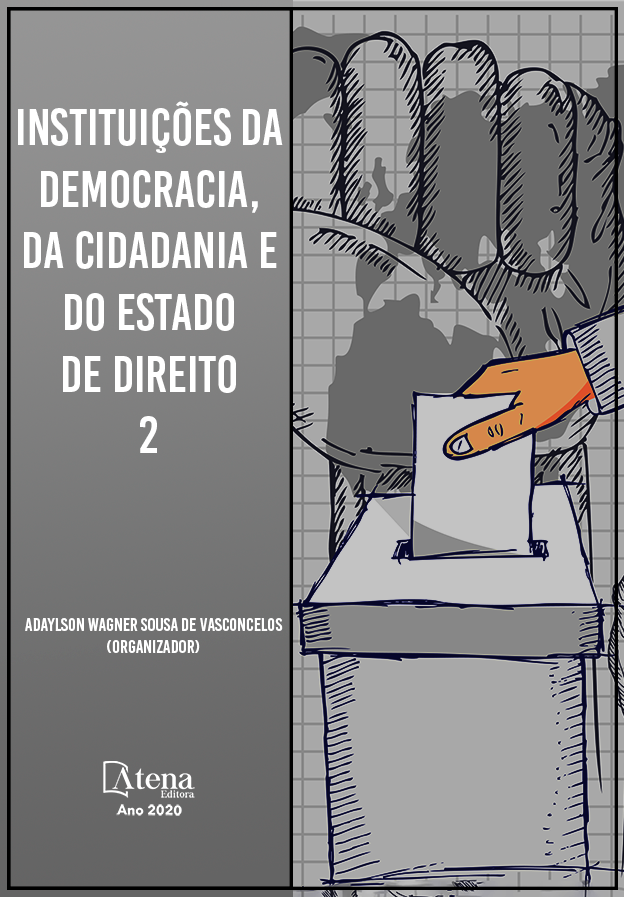
Analise da regulamentação do uso da canabis medicinal sobre o viés constitucional: a luz do documentário Ilegal.
O presente artigo versa sobre o viés constitucional da lide apresentada pelo documentário “Ilegal”, que pleiteou em face da ANVISA e União Federal a permissão para uso de substância derivada da Cannabis sativa, a qual é utilizada com fins terapêuticos para pacientes com patologias raras e que não apresentaram resultados positivos significativos com o uso das demais drogas existentes até então no mercado. Retrata a vida dos portadores destas doenças mostrando sua luta diária e de seus familiares para efetivarem seu direito fundamental a vida e social de atingir a dignidade da pessoa humana. Nesse sentido, indaga-se: os embaraços criados na comercialização de medicamentos a base de Cannabis são decorrentes do preconceito enraizado na sociedade? A burocratização excessiva, a falta de conhecimento e de fomentação de pesquisas por parte do Estado, junto a um preconceito intrincado em nossa sociedade, faz com que diversas pessoas fiquem desamparadas quanto à eficiência da garantia constitucional do direito à saúde, impedindo-lhes de um desenvolvimento biológico adequado bem como dificultando seus atos diários. Somente com a movimentação popular, instigada também por este documentário, que levou está provocação aos órgãos competentes e deu ciência, não só a eles como a todos os cidadãos, que está substância é terapeuticamente benéfica, ou seja, não podemos privar o indivíduo de um meio que lhe proporciona saúde e bem-estar. Portanto, por intermédio de revisão de bibliografia, concluiu-se que para a resolução efetiva desta lide é dever do Estado implementar políticas públicas instruindo a sociedade sobre novos meios de tratamentos e principalmente desenvolver junto a profissionais a pesquisa da Cannabis sativa, com fulcro a proteção dos pacientes.
Analise da regulamentação do uso da canabis medicinal sobre o viés constitucional: a luz do documentário Ilegal.
-
DOI: 10.22533/at.ed.44020121110
-
Palavras-chave: Cannabis sativa. Doenças raras. Terapia.
-
Keywords: Reviw of regulation of use the medical cannabis on constitutional bias: the light of documentary Ilegal
-
Abstract:
This article deals with the constitutional bias of the litigation presented by the "Ilegal", documentary that filed a petition with ANVISA and Federal Government for permission to use a substance derived from Cannabis sativa, which is used for therapeutic purposes for patients with rare diseases and who did not present significant positive results with the use of the other existing drugs in the market. It portrays the life of those who suffer from these diseases, showing their daily struggle and their relatives and supporters of the cause to realize their fundamental life and social right to achieve the dignity of the human person. In this sense, it is asked: are the embarrassments created in the commercialization of Cannabis-based medicines due to prejudice rooted in society?. The excessive bureaucratization, the lack of knowledge and the promotion of research on the part of the State, together with an intricate bias in our society, causes several people to become helpless as to helpless as to the helpless as to the efficiency of the constitutional guarantee of the right to health, preventing them from developing appropriate as well as hindering your daily acts. Only with the popular movement, instigated also by this documentary, which has led to provocation to the competent organs and made known, not only to them but to all citizens, that substance is therapeutically beneficial, that is, we cannot deprive the individual of a means that it provides health and well-being. Therefore, in order to effectively resolve this issue, it is the duty of the State to implement public policies, instructing society on new means of treatment, and especially to develop cannabis sativa research, with a focus on patient protection. For this, the study was developed by means of a bibliographic review method.
-
Número de páginas: 17
- Valeria Soares da Silva Qauggio
- Matheus Gomes Camacho
- Luiza Russi Dognani


